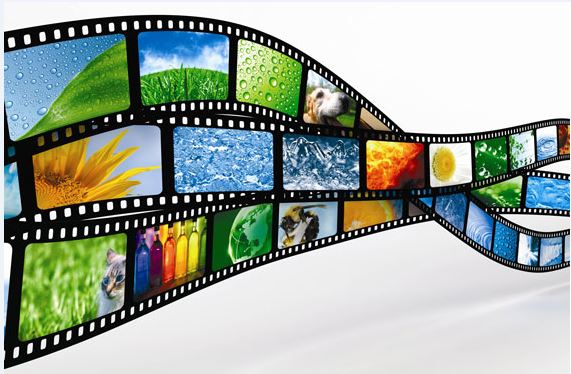1. Give ideas and unify the script for TVC 3D
The first and foremost thing is the content idea that will work in the TVC 3D. You need to build the foundation of your movies with a script with meticulous details and a combination of artistic details with brand meaning.
2. Draw model sheet
Characters are indispensable souls of a movie and TVC 3D is no exception. The producer will carefully sketch out the appearance of the characters on paper. Shapes or details of a character need to be carefully considered, edited, and characterized, which is called the drawing model sheet. In addition to the characters, the producer also pre-sketched the objects that appeared in every shot of the TVC.
3. Draw storyboard:
Once you have the script and the shape of the characters in TVC 3D advertisement, the next step is drawing a storyboard. The picture frames used to tell the story on paper will show clearly how each scene in the movie will show.
4. Draw background:
Drawing background is the step to create background scenes for 3D movies. Based on the storyboard, the producer will see how many scenes will appear in the 3D movie. In order for these scenes to be logical and beautiful, the scenes will also be drawn first on paper, 2D graphics software to draw first.
5. Modeling:
After sketching the character on paper, the image artist must rely on them to recreate the character in 3D space on the computer. The artist needs to look at the sketch and imagine what the character, in reality, must be like in order to create the block correctly. The modeler must also create all possible expressions on the character’s face.
6. Texturing:
After modeling, it is necessary to create the color of the character, that is, the skin color, eye color, nose and mouth, clothes, etc. A character is not simply defined. blue, purple, yellow, etc. that often have to be made to resemble real materials. For example, leather can have wrinkles, shoes can be leather shoes, balls, clothes can be silk, burlap and patterned, etc. The work of creating colors, patterns, wrinkles, gloss, … called creating textures and textures for characters. The objects in the movie also need to create the same.
7. Create bone:
For characters to move and act like humans, one more step is needed to create the bones of the characters. 3D software has tools to create these skeletons. The artist will create a skeleton with the corresponding joints. For example, there are neck bones, arm bones, elbows, fingers, shin bones, foot bones, toes, etc. These joints are then attached to the appropriate positions in the model and provided for determining the operating time of characters.
However, in many TVC films today, image wizards not only use 3D technology but also combine with many other VFX tools and visual effects. The audience will admire the spectacular modern footage to satisfy imagination and curiosity. It can be seen that the development of image technology in general and 3D technology in particular has proved the continuous efforts of visual artists in the creative world.

